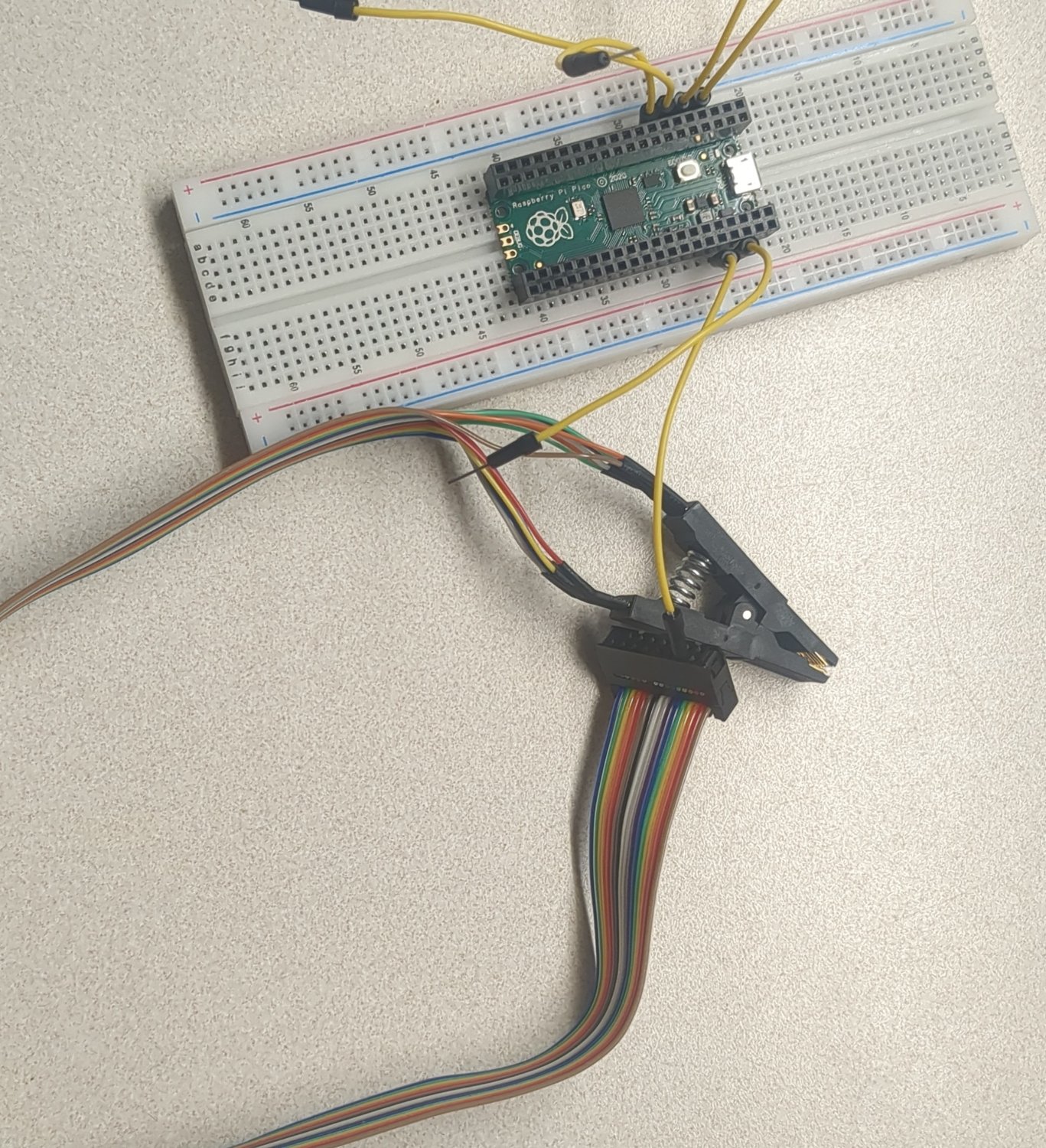89
you are viewing a single comment's thread
view the rest of the comments
view the rest of the comments
this post was submitted on 10 Oct 2024
89 points (98.9% liked)
Linux
48366 readers
689 users here now
From Wikipedia, the free encyclopedia
Linux is a family of open source Unix-like operating systems based on the Linux kernel, an operating system kernel first released on September 17, 1991 by Linus Torvalds. Linux is typically packaged in a Linux distribution (or distro for short).
Distributions include the Linux kernel and supporting system software and libraries, many of which are provided by the GNU Project. Many Linux distributions use the word "Linux" in their name, but the Free Software Foundation uses the name GNU/Linux to emphasize the importance of GNU software, causing some controversy.
Rules
- Posts must be relevant to operating systems running the Linux kernel. GNU/Linux or otherwise.
- No misinformation
- No NSFW content
- No hate speech, bigotry, etc
Related Communities
Community icon by Alpár-Etele Méder, licensed under CC BY 3.0
founded 5 years ago
MODERATORS

My thoughts are you should just try it. If the wire length is your biggest concern just try to minimize the distance between everything as much as possible. I assume the thinkpad can be positioned closer.
I'm guessing it's either an issue with the latency or internal resistance of the wires (as someone else mentioned) so unless I'm cutting and splicing the wires I don't think that will matter
The length of the wire is actually more an issue of capacitance and interferences. But these issues are easily mitigated by reducing the spi speed
A long wire is an antenna that will gather electromagnetic noise from the air and turn it into random signal on the line. Shorter wires will be less responsive and therefore less noisy, and you can also mitigate the problem by grounding everything properly. It's also possible that with the wires in that parallel ribbon, they may induce crosstalk on each other. If you want to be really careful, you could replace that big ribbon cable with an STP cable and ground the shielding jacket.
Also, a noisy/low quality power input to the Pi will produce noise in its circuits and ultimately the output. If you can, supply the power from something better than a wall wart.